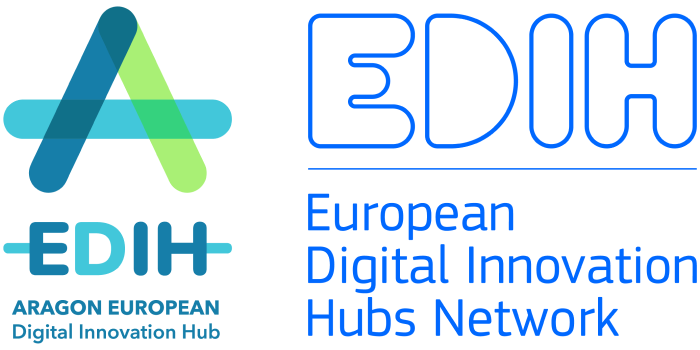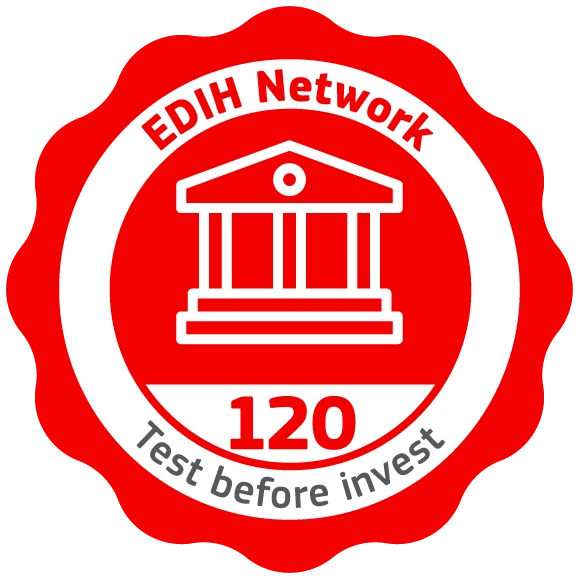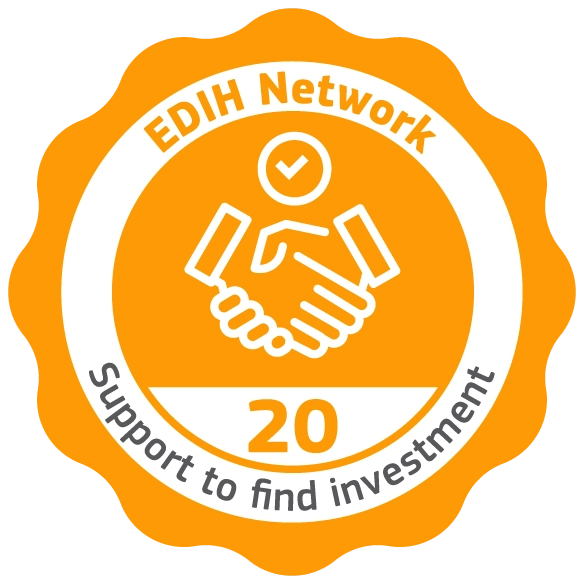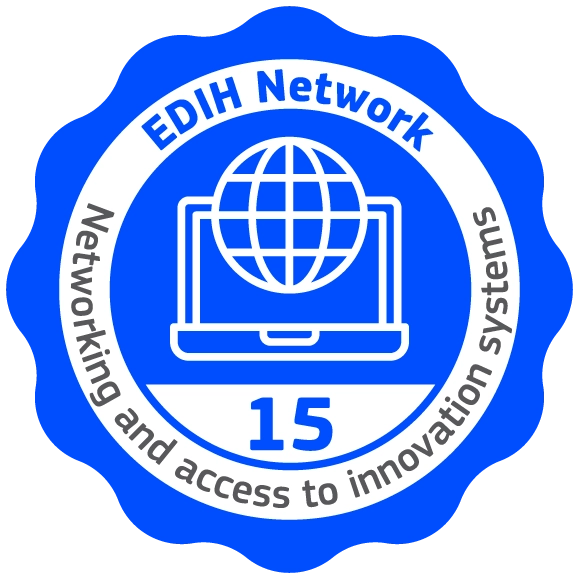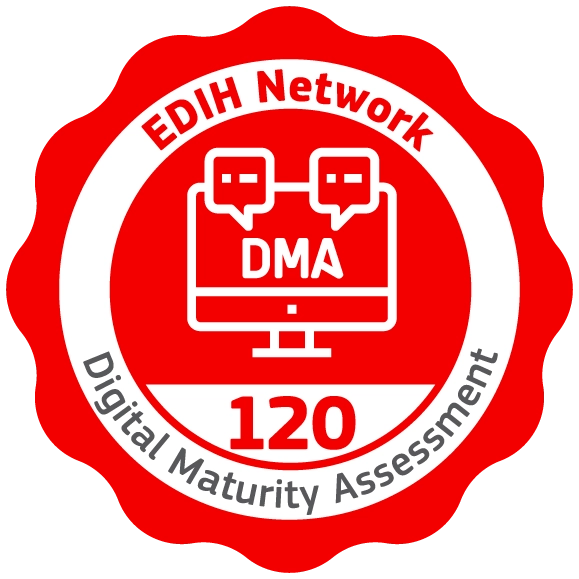Blockchain and Smart Contracts
Description
From the initial stage of assessing client needs to the deployment of Proof of Concept (PoC) solutions, ITA provides the necessary support to promote the use of Blockchain (or distributed ledger technologies) across all industrial and productive sectors:
- Consulting and advisory services for the design, configuration, and implementation of blockchain-based solutions
- Deployment of IoT solutions integrated with Distributed Ledger Technologies (DLTs) such as IOTA
- Design, development, and deployment of Smart Contracts
- Deployment of public or private infrastructure (Ethereum, Hyperledger)
- Specialized consulting and technology transfer in blockchain
ITA advises on the most suitable technologies and architectures for each project, client, and application area, aiming to implement secure, efficient, decentralized, and reliable solutions.
- Deployment of public (Ethereum) or private (Hyperledger) blockchain networks and infrastructure. As a member, ITA operates a node in Alastria, a non-profit association that promotes the digital economy through the development of decentralized registry technologies / Blockchain. This allows us to create consortium networks that leverage the strengths of each technology.
- IoT on DLT networks. Development of solutions on IOTA, a framework designed to become the industrial IoT standard.
- Smart Contracts. We develop smart contracts that ensure compliance with agreements across all development frameworks.
- Digital (self-sovereign) identity: development of decentralized applications applying Alastria’s digital identity.
- Creation of applications to execute blockchain network transactions via secure API gateways
Competitive Advantages
Examples of Applications:
- Traceability: One of the most explored and tested uses of this technology is the traceability of elements in logistics processes. In sectors such as construction, healthcare, and supply chain management, every component can be monitored with full security, neutrality, and transparency by recording transactions on the blockchain. This fosters trust among the different stakeholders.
- Reduction of administrative tasks, saving costs and time in the management of licenses, permits, and data sharing in complex sectors such as logistics, transportation, construction, energy, and security.
- Digital Identity: The information about us published online—personal data, images, news, comments, preferences, friendships, hobbies, etc.—can be managed without directly or explicitly sharing sensitive information. Instead, digital data can be shared and authenticated using cryptographic techniques such as hash functions, digital signatures, and zero-knowledge proofs. These allow compliance with the GDPR (General Data Protection Regulation).
Applicable market segments:
- Logistics sector: Aligned with Industry 4.0, blockchain enables traceability systems and ensures reliability in economic transactions.
- Healthcare sector: Secure exchange of sensitive information (medical records) between organizations and universal patient access to their medical data.
- Industrial sector: Use of smart contracts for full traceability of components, preserving confidentiality in a trusted environment.
- Energy sector: To guarantee the origin and authenticity of energy sources and consumption.
- Real estate sector: Smart contracts that securely validate property titles.
Keywords
Blockchain, trust, hash, security, transaction, smart contract, chaincode, confidence, block, immutable, record, ledger
Contact
Success Stories
ACFINNOVE
Blockchain as a Service (BaaS) platform. Integrated with external applications to ensure traceability of cargo securing in each road freight operation in a secure, distributed, and immutable way for shippers, carriers, public administrations, and insurers.
ALDELIS
Blockchain platform to guarantee traceability in the logistics chain of processed products, from the slaughterhouse to the final preparation area. Utilizes a private infrastructure based on Hyperledger Fabric with Java-based Smart Contracts.
ANMOPYC
Blockchain infrastructure for managing the concrete supply chain. The goal is to improve traceability and collaboration from the production plant to the construction site. Utilizes both private and public blockchain infrastructure. Project stakeholders include production plants, transportation agents, and construction sites.
